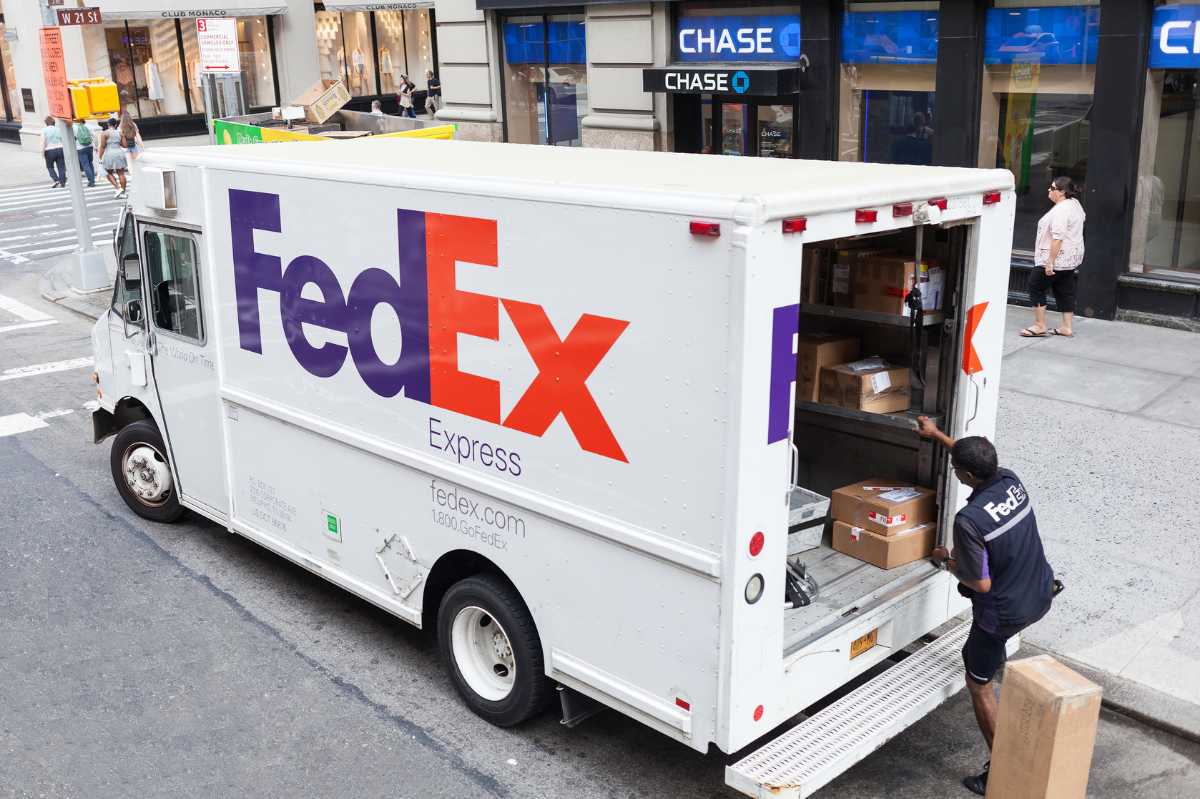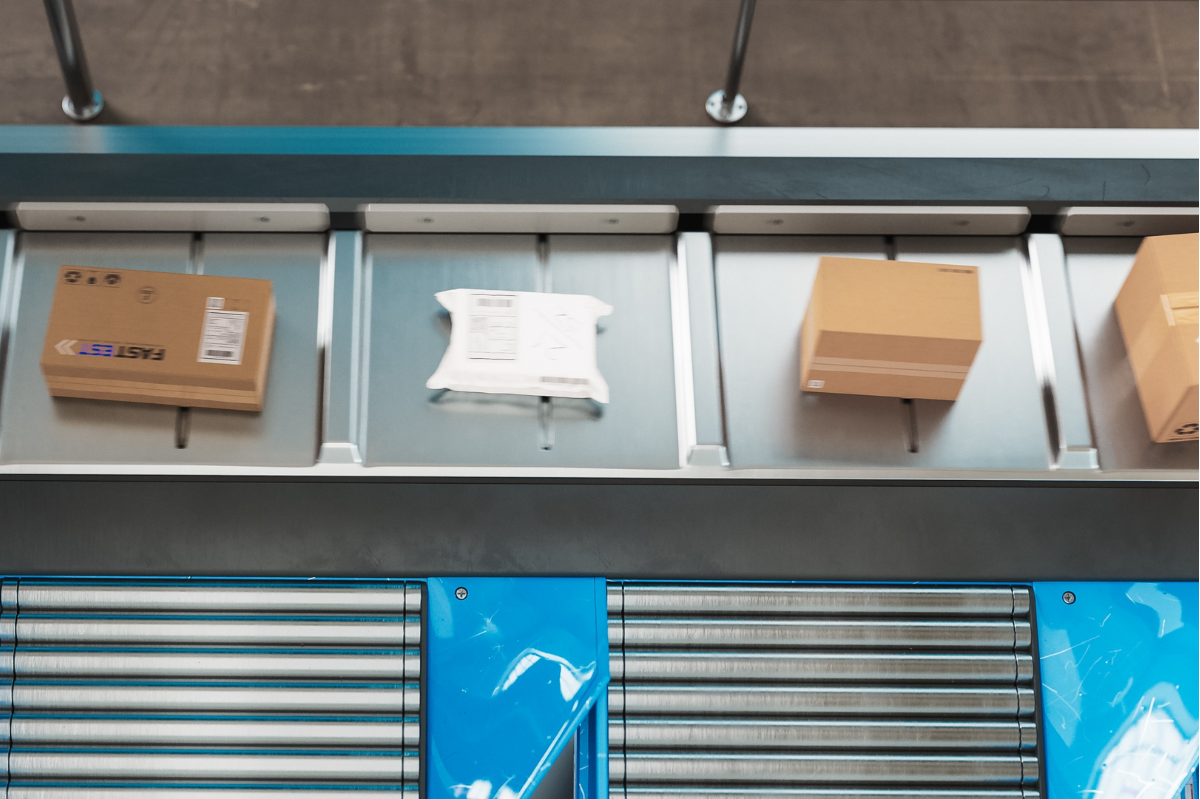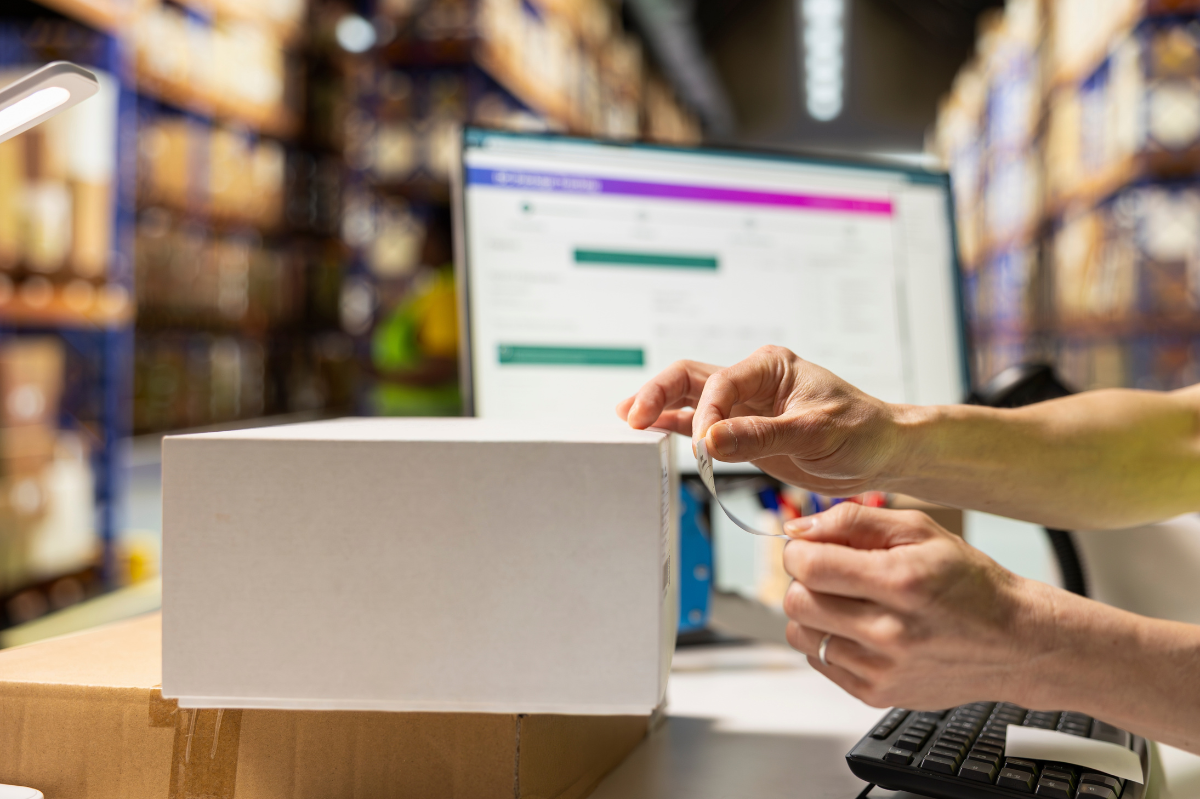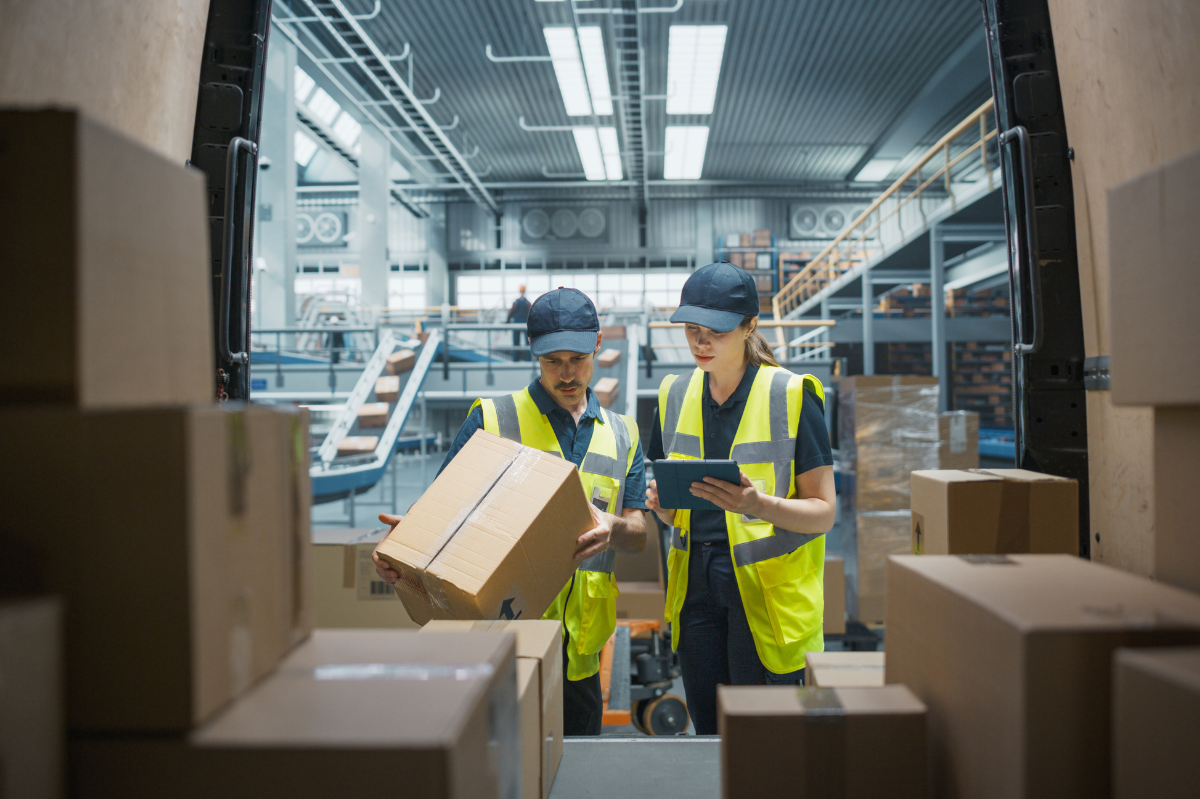Starting July 1st, 2024, USPS is implementing new shipping rates for various services and packages. Here’s a detailed look at what’s changing:
USPS Shipping Changes: What You Need to Know
Ground Advantage
- Price Increases for Packages Over 1 Pound: Rates will rise by up to $2.11, particularly affecting packages in the 1-5 pound range.
- Price Increases for Packages Under 1 Pound: Rates will increase by up to 33 cents for zones 6-8.
- Cubic Pricing: Ground Advantage Cubic rates are increasing by up to $1.67.
Priority Mail
- Weight-Based Rates: Prices will increase by up to $3.10.
- Cubic Rates: Expect an increase of up to $2.97.
- Flat Rate Prices: These will go up by as much as $1.18.
Discount Adjustments
- The maximum discounts available for USPS compared to Retail Pricing will drop from 89% to 88%.
Additional Changes Effective July 14th
- Media Mail Rates: These will increase by up to 56 cents.
- Signature Confirmation: The cost is going up by 20 cents, bringing the total to $3.70.
These changes are universal across all platforms where you can buy postage online.
Best-In-Class Rates with VESYL
Despite these increases, VESYL continues to offer the best-in-class shipping rates through its partnership with USPS and other carriers. Our goal is to streamline your shipping operations, providing discounted rates for a silky smooth fulfillment process.
Navigating the Changes
By staying ahead, you can make the best informed decisions for your shipping needs. Utilize VESYL’s simple rate shopping feature to compare rates and make informed decisions on the best options for your shipping needs, whether you're shipping 1 or 1000's of packages a day.
Want to learn more about VESYL's smooth shipping software? Book a demo with us or read more.
Related Topics
Learn how VESYL can save you money on shipping
Not sure which plan suits you best? Have questions about our software? Contact our sales team for expert guidance.








